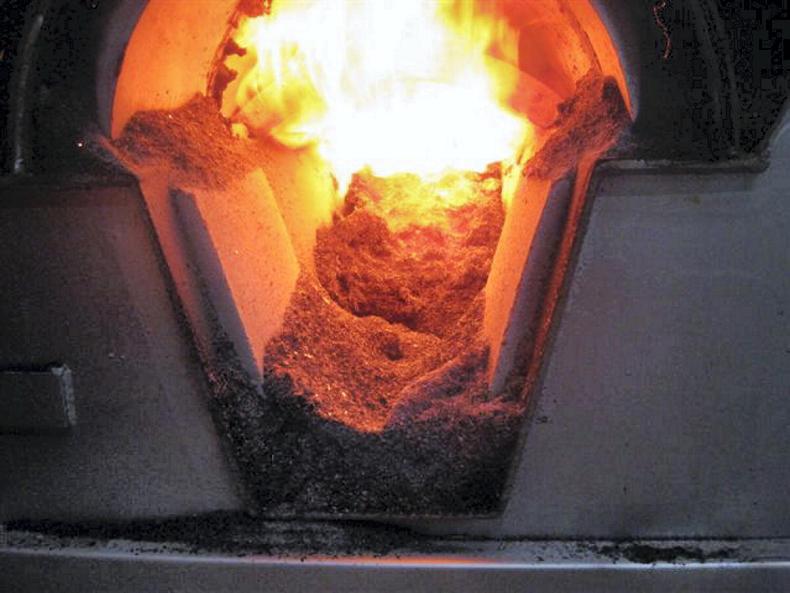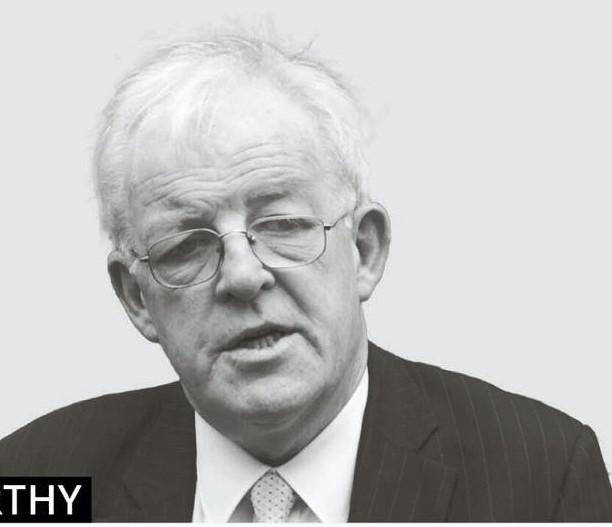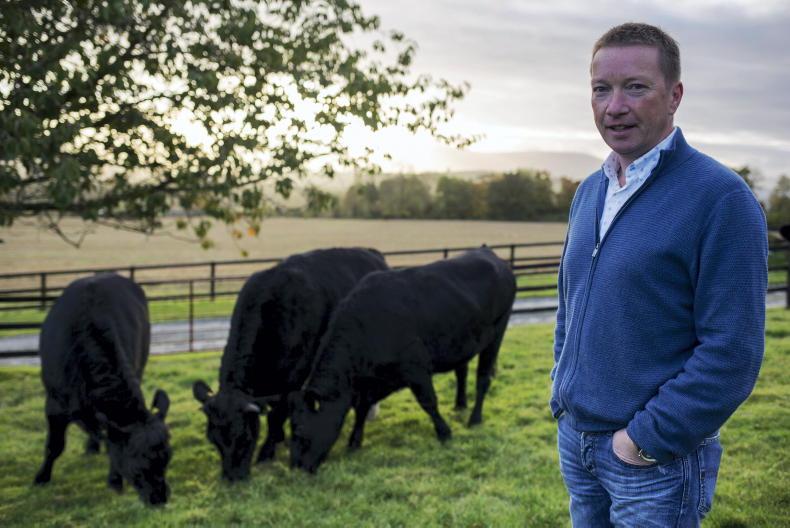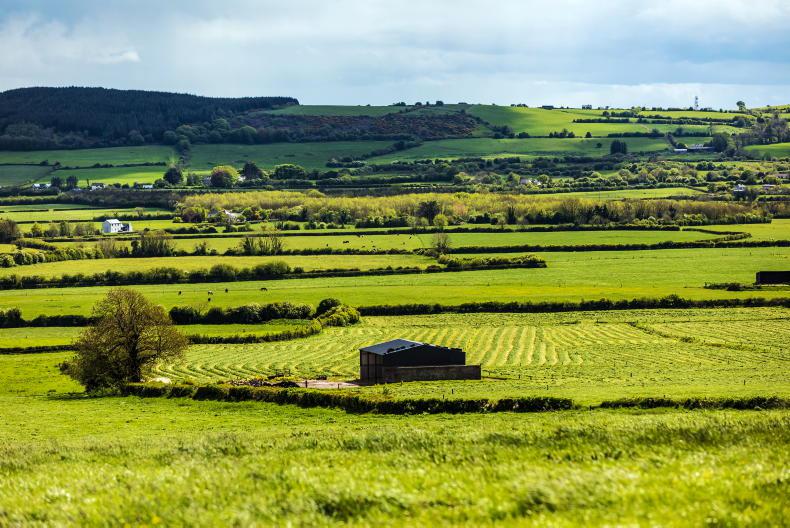A wide range of options for the long-term future of the RHI scheme have been put forward by the Department for the Economy (DfE) in a public consultation.
Legislation to cut RHI tariffs was approved by the NI Assembly in January 2017 after overspend from the scheme emerged. Reduced tariffs were initially introduced for one year until a longer-term solution was found, but this was extended for another 12 months in March 2018.
On the table are eight options which range from stopping RHI payments altogether, to reverting to the initial untiered and uncapped tariffs paid when the scheme was introduced in 2012.
Analysis carried out by consultancy firm Riccardo AEA for DfE indicates that the projected costs of these two options to the end of the scheme’s 20-year lifetime are zero and £1,040m, respectively.
Buy-out
Both compulsory and voluntary buy-outs of RHI contracts are mentioned, which would end the scheme early for all or some of the participants. Buy-outs would not have a significant cost for DfE as Riccardo analysis suggests that average installation in the scheme had more than covered its initial capital costs through tariff payments by February 2018 anyway.
The public consultation opened to responses on Thursday and runs for 12 weeks. Department officials are aiming to have the preferred long-term solution approved by the Department of Finance and European Commission in the first quarter of 2019.
After that, it is up to an Economy Minister to introduce the measures through legislation. In the absence of an executive at Stormont, it would be up to the NI Secretary of State in Westminster. The aim is to have long-term tariff rates in place by the time the extended temporary regulations expire at the end of March 2019.
Read more in next week’s Irish Farmers Journal and at www.farmersjournal.ie
Read more
DfE to consult on long-term RHI solution
RHI group secures legal cost protection
Officials still making mistakes with RHI
A wide range of options for the long-term future of the RHI scheme have been put forward by the Department for the Economy (DfE) in a public consultation.
Legislation to cut RHI tariffs was approved by the NI Assembly in January 2017 after overspend from the scheme emerged. Reduced tariffs were initially introduced for one year until a longer-term solution was found, but this was extended for another 12 months in March 2018.
On the table are eight options which range from stopping RHI payments altogether, to reverting to the initial untiered and uncapped tariffs paid when the scheme was introduced in 2012.
Analysis carried out by consultancy firm Riccardo AEA for DfE indicates that the projected costs of these two options to the end of the scheme’s 20-year lifetime are zero and £1,040m, respectively.
Buy-out
Both compulsory and voluntary buy-outs of RHI contracts are mentioned, which would end the scheme early for all or some of the participants. Buy-outs would not have a significant cost for DfE as Riccardo analysis suggests that average installation in the scheme had more than covered its initial capital costs through tariff payments by February 2018 anyway.
The public consultation opened to responses on Thursday and runs for 12 weeks. Department officials are aiming to have the preferred long-term solution approved by the Department of Finance and European Commission in the first quarter of 2019.
After that, it is up to an Economy Minister to introduce the measures through legislation. In the absence of an executive at Stormont, it would be up to the NI Secretary of State in Westminster. The aim is to have long-term tariff rates in place by the time the extended temporary regulations expire at the end of March 2019.
Read more in next week’s Irish Farmers Journal and at www.farmersjournal.ie
Read more
DfE to consult on long-term RHI solution
RHI group secures legal cost protection
Officials still making mistakes with RHI










SHARING OPTIONS